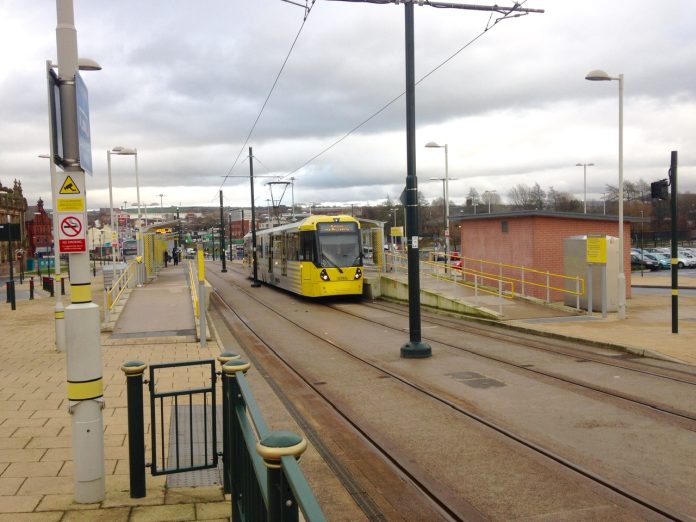“Antisocial behaviour should be a top priority in levelling up local areas. Without people feeling safe on the streets, efforts to boost economic growth and unlock opportunity will be wasted.“
That is the conclusion of a report out this week by the Think Tank Onward
Their report Levelling Up Locally was based on five research visits including Oldham in Greater Manchester
The authors found in every area,there were common challenges had particular characteristics and were a blocker to levelling up to differing degrees.
For example, in Oldham, high levels of antisocial behaviour on public transport have restricted connectivity and hollowed out the town centre.
Their reports says that numbers of young people congregating around tram stops and harassing passengers stopped people using public transport:
“one told us “you take your life in your hands for a £3.60 return”.
In South Tyneside, extreme health inequalities drove economic inactivity and held back industry while community assets remained untapped.
Town centres are symbolic of an area’s fortunes. Residents often rush to tell you about their pride in past glories. In Oldham it was Tommyfield Market: the first place in the country to sell fish and chips.
The same phrases are used to describe town centres in the places most in need of levelling up: “run down”, “grim”, “lost”, “tired”, “bleak”.
Data indicates that the areasvisited, plus places the Government has prioritised for levelling up, have particularly high vacancy rates.
Even where town centre premises were not vacant, they were more likely to be charity stores or betting shops than independent cafes or big brands.
Residents looked with envy to nearby areas where the town centre was seen to be doing well: in Oldham they pointed to Rochdale
Town centres offered an important forum for strengthening an area’s social fabric, through shared spaces and rituals that brought together different parts of the community.
Markets were a common bright spot: Tommyfield Market in Oldham was described as “buzzing” with activity in the past and served as a weekly destination for people in surrounding neighbourhoods.
The parts of a place that generate pride are often rooted in culture and history.
Sport has a particular resonance when it comes to levelling up. When we asked people in Oldham to explain their area’s fortunes, they pointed to Oldham Athletic and Oldham RFC as an analogy for the area’s decline.
Oldham Athletic in particular were on the route to relegation, making them the first team who had played in the Premier League to be demoted from the EFL. Residents saw this misfortune, driven by speculative foreign ownership and poor stewardship, as robbing them of a source of pride and shared identity.
Local leaders they face an uphill battle. They are underpowered, with decisions taken too often in Whitehall instead of by communities, councillors or mayors.
Local government faces a difficult financial situation, with funding reduced significantly since 2010 and pressures on public services rising.
And national policy needs to better support local efforts says the report







